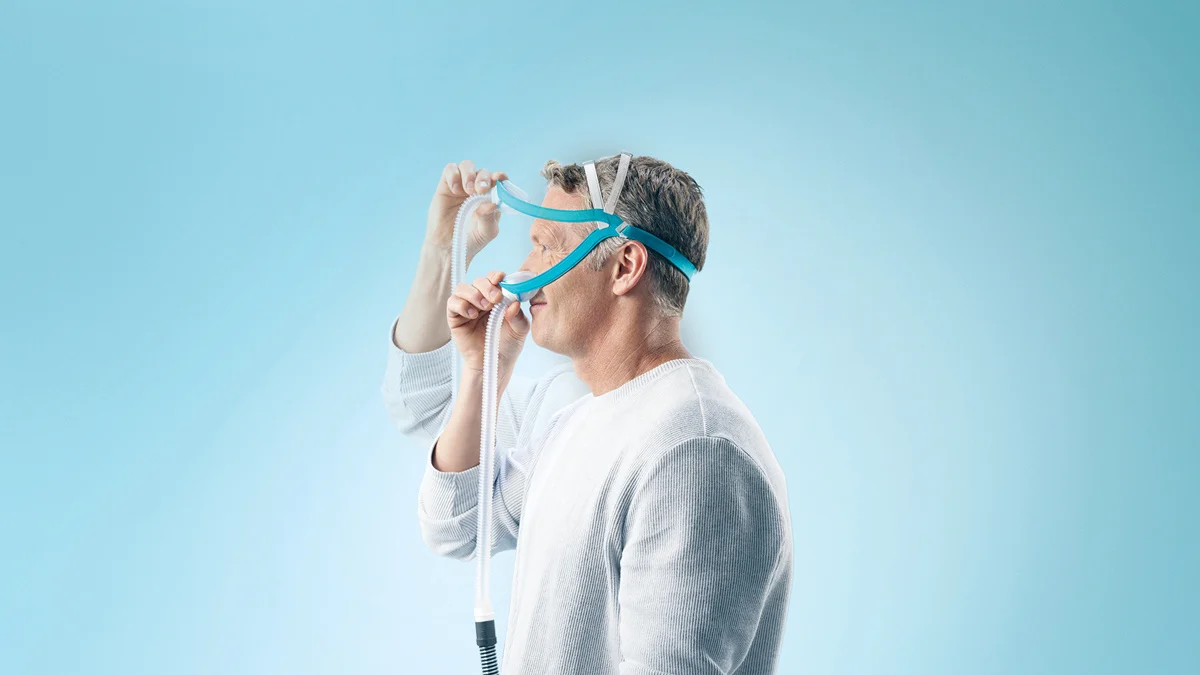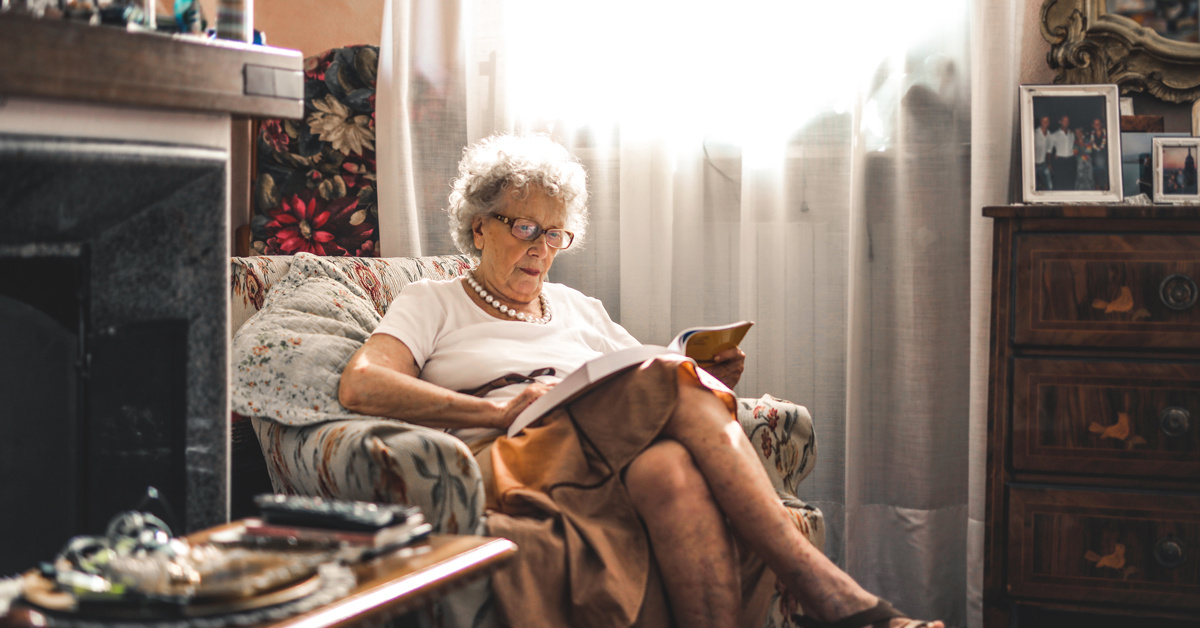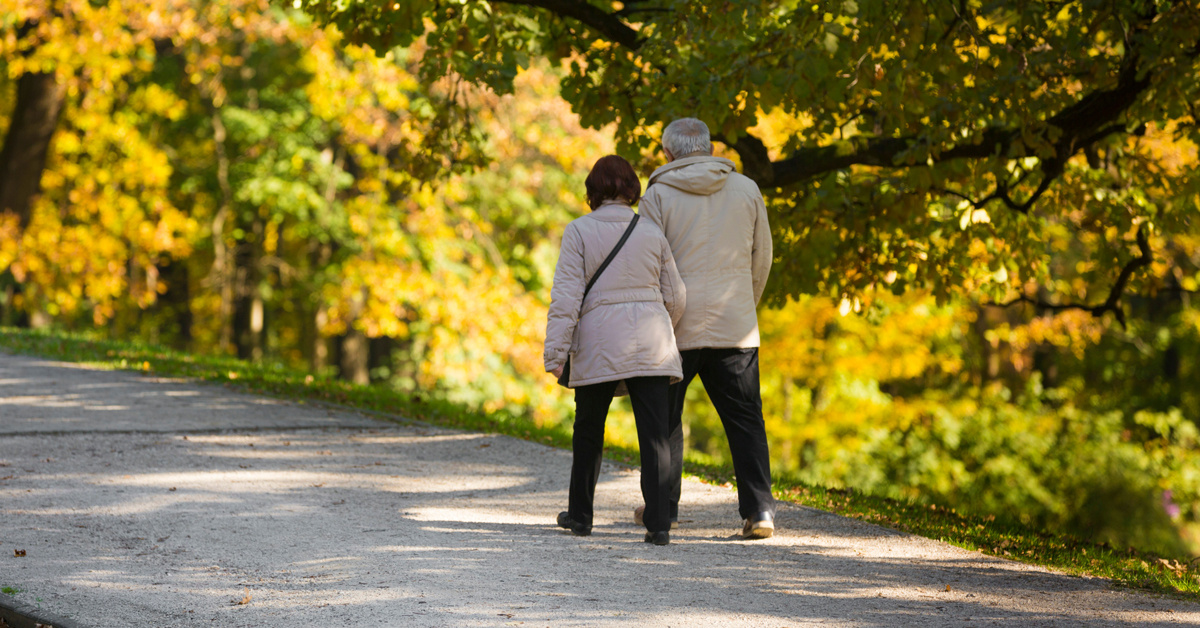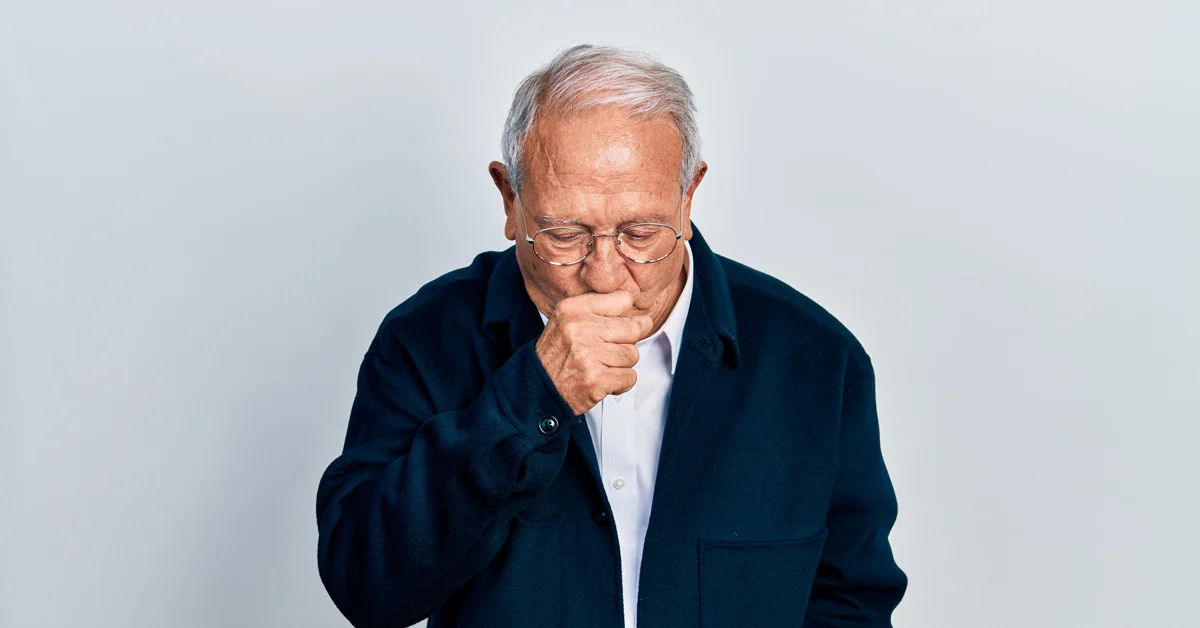Alcohol Before Bedtime Can Disrupt Your Sleep, Worsen Sleep Apnea, and Even Cause It.
Think hitting the bottle before hitting the hay helps you sleep better? Not according to numerous studies, which show that people who booze before they snooze may need more time to fall asleep. They’re also more likely to have sleep disruptions and a lower quality of sleep.
Over time, a lack of sleep can lead to numerous health problems, such as diabetes, depression, heart problems, stroke, high blood pressure, and obesity.
Robert Miller, a registered sleep technologist and vice president at Apria, says, “If you or a loved one have sleep apnea, drinking alcohol before bedtime can make this chronic condition worse—or even cause it.”
Getting Enough Sleep?
The signs are numerous—and unmistakable. For instance, you may:
- Feel fatigued during the day
- Become moody or depressed
- Be more prone to falling or accidents
- Have trouble thinking and concentrating
- Have difficulty remembering things
- Feel agitated and irritated
How Much Is Too Much Alcohol?
Moderate drinking is defined as two drinks per day for men and one drink per day for women. Anything more is considered heavy drinking.
What is the impact on sleep? A 2018 study found that:
- Moderate drinking for men and women decreased sleep quality by 24%.
- Heavy drinking for men and women decreased sleep quality by more than 39%.
In comparison, men and women who were light drinkers—less than two drinks per day for men and less than one drink per day for women--had only a 9.3% decrease in sleep quality.
Apria’s Robert Miller concludes: “The less alcohol you consume before bed, the better you will sleep."
How Does Alcohol Affect Sleep?
Drinking alcohol before bed affects the quantity and quality of your sleep in a variety of ways.
Alcohol Robs You of REM Sleep
Because alcohol is a sedative, it may help you fall asleep faster. But as the night wears on, the alcohol level in your bloodstream drops. This disrupts your sleep stages, particularly the REM (rapid eye movement) stage.
REM sleep happens about 90 minutes after you fall asleep. It’s the stage where you can have intense dreams. That’s because your brain activity, blood pressure, breathing, and heart rate all increase.
REM sleep is thought to be critical for cognitive functions such as learning, being creative, and memory.
Alcohol Means More Trips to the Bathroom
That’s because it is a diuretic—it increases urine output. And that leads to multiple trips to the bathroom during the night, further interrupting your sleep.
Alcohol Leaves you Hanging in the Morning
Anyone who has ever had a hangover knows how awful it feels. The headache, the nausea, the overwhelming need for sleep. To recover, many people turn to stimulants like caffeine, drinking coffee well into the afternoon. And that, of course, makes it harder to fall asleep at night.
Alcohol Can be a Nightmare
Drinking alcohol before bedtime can cause nightmares, snoring, night sweats, tossing and turning, headaches, insomnia, and sleep apnea.
How Alcohol Affects Sleep Apnea
Sleep apnea happens when a person’s airway is obstructed, which interrupts and even stops breathing during sleep—sometimes hundreds of times throughout the night.
Alcohol is a muscle relaxant and relaxes the muscles in your upper airways, disrupting normal breathing. This makes alcohol especially dangerous for people with sleep apnea.
Robert Miller states, “Research shows that consuming alcohol increases the risk of sleep apnea by 25%—and can even cause episodes in people who don’t have sleep apnea.”
If You Have Sleep Apnea But Still Want to Drink Before Bed, Here’s How to Protect Yourself
Of course, the best advice is to abstain from alcohol before you go to bed. But that’s not always realistic. Having a drink with family or friends can be fun. Or having a drink after a hard day can be relaxing.
Here’s what you can do to minimize the disruptive effects of alcohol before you go to bed:- Don’t have a drink within 3 hours of bedtime.
- Don’t overdo it—stick with one or two drinks per day.
- Hydrate, hydrate, hydrate! Drink one glass of water for every alcoholic drink you have. When you get up in the morning, have a few more glasses of water.
- Take an “alcohol holiday.” Refrain from drinking for two weeks and see if you are sleeping better. If you are, you may want to extend the holiday.
- If you have sleep apnea, talk to your doctor about CPAP (continuous positive airway pressure). CPAP involves wearing a mask over your nose or mouth while you sleep. The mask is connected to a machine that delivers a constant flow of air to keep your airways open so you can breathe—and sleep—normally.

.png)



